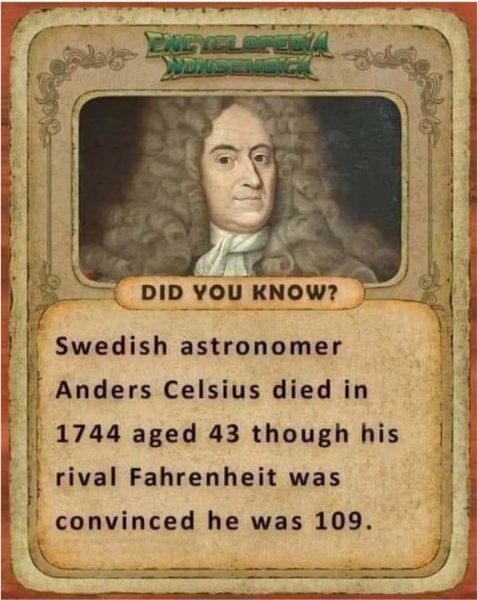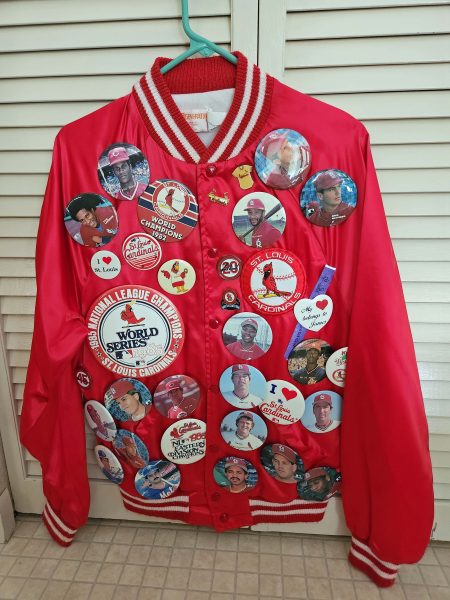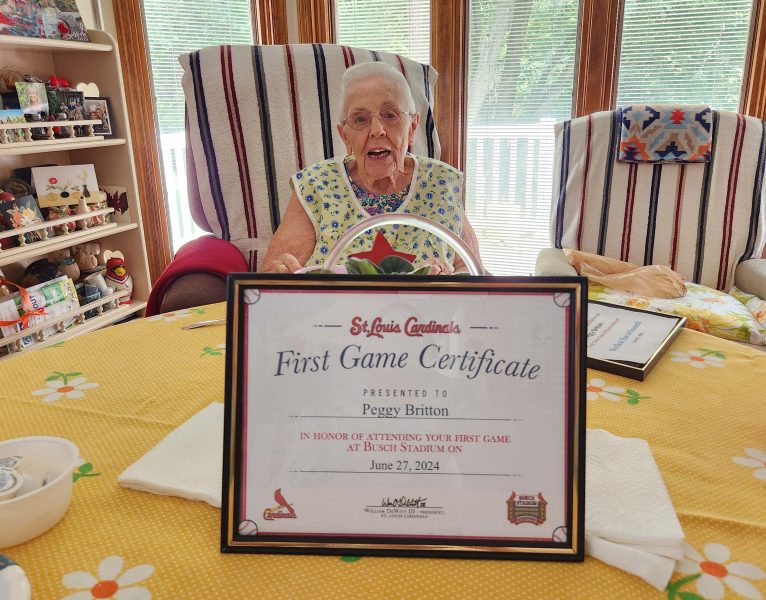
Conversion?


I worked for the Bureau of the Census for three years as a writer-editor. In those days, we didn’t have word processors or spell/grammar check, so before submitting a text for publication, we proofread it in detail, including capitalization, bold/italic fonts, font size, punctuation, and spelling. Our goal was to publish a letter- and word-perfect document. Today, that goal is apparently unimportant, but even after all these years, I still read like an editor and I can’t help catching textual errors.
For example, the historic district of St. Charles offers ghost tours, and one of their posters says: “Haunted House. Twilight tours after dark.” The Merriam-Webster Dictionary defines twilight as “the light of the sky between sunset and full night.” It defines dark as “devoid of light.” In other words, it’s impossible to have a “twilight” tour after “dark.” Merriam-Webster defines evening as “the final part of the day and the early part of the night.” That’s probably a better description of the tour time. Just knowing it’s a ghost tour pretty much tells visitors when it will occur, so I doubt if anyone except me notices (or cares about) that error.
I was astronomically mystified when I was reading a book in which the author told readers that “It was already late June, so the days were getting longer.” The summer solstice, when the sun is at its highest in the northern hemisphere, is usually on June 21. After that, the days get shorter, not longer. Luckily, that error didn’t affect the plot of the story.
During my employment years, I worked with the Missouri Department of Elementary and Secondary Education (DESE). I once received a letter from the head of the department thanking me for my “patients.” That letter was generated on a computer in the early 2000s, but spell/grammar check doesn’t always catch homonyms if a word is spelled correctly. In my opinion, that error looked really bad, coming from the department that oversees the public K-12 school system, which includes the teaching of vocabulary, grammar, and spelling. I practiced my patience, because there were no patients working in my local program.
Most confusing to me recently was the care tag in a shirt I bought. The tag said “Reversible garment. Turn inside out to wash.” If it’s reversible, which side is the inside? I just threw it in the washer and it came out clean.
We have a 93-year-old lady in our neighborhood who has been a lifelong Cardinals fan. A few weeks ago, several members of her family invited her to go with them to a Cardinals home game. I don’t know which of the family arranged it, but the seats were in one of the luxury boxes with air-conditioning, food, and all the other high-end amenities. (Maybe someone’s employer had a corporate box.) Peggy was reluctant to go, but the family convinced her that she’d enjoy the evening. She finally agreed, but said she was going to take her 60-year-old jacket with her. The temperatures were in the 90s during the day and in the mid- and upper-80s for the game, so that announcement brought a lot of protests, but Peggy insisted, and she wore her jacket.
The evening was such a success that Peggy didn’t stop talking about it for days, and she still brings it up in conversation. First, the luxury box seat tickets got the group through a special gate without a line. Peggy had her jacket on, and the gate attendant stopped her to chat, complimented the jacket, and asked her for her name. During the conversation (no line–remember?), Peggy mentioned that, although she used to attend games regularly, she hadn’t been to any in the new stadium, which opened in 2004.
As the group moved toward the private elevator that took them to their luxury box seats, lots of people stopped Peggy to talk about her jacket and many of them asked permission to take their picture with her. (She said, “Yes.”) One man offered to buy the jacket from her, but she told him, “No way!” Another man, standing nearby, offered to marry her to get a specific pin on her jacket. She turned him down too. 🙂 The luxury box was a treat and, before long, there was another surprise for Peggy: her name appeared on the jumbotron, along with the information that this was her first time in the new ballpark. Right after that, her son’s family and her grandchildren called her from Kansas City to say they were watching the game on TV and saw her name in lights. She said she felt like a celebrity, and it was the most exciting night of her life. I talked with Peggy the day after the game and asked if she was tired from the late night. “Not at all,” she said, “I’m way too excited to be tired!”
Here’s what all the excitement was about. It was a lot of fun to read all the pins and to recognize so many of the great Cardinals players–especially those from the “Whitey-ball” era.*

A few days later, Peggy had another surprise. The Cardinals sent her a framed certificate to commemorate her first time at the new ballpark.

Several of us in the neighborhood had a little party for Peggy’s 93rd birthday this week. We kept it simple–ice cream sundaes, brownies, and talk–and we all saw her Cardinals’ certificate on the kitchen table. She’s still excited about the ballgame she didn’t want to attend. Isn’t it great to be 93 and still having that much fun–including a marriage proposal at a ball game? Long live Peggy!

* Players’ pins on Peggy’s jacket: Tito Landrum, Rick Horton, Pete Rose, Bob Forsch, Keith Hernandez, Tom Lawless, Greg Matthews, Ozzie Smith, Vince Coleman, Willie McGee, Danny Cox, Jack Clark, Tom Herr, Tony Peña, Todd Worrell, Terry Pendleton.